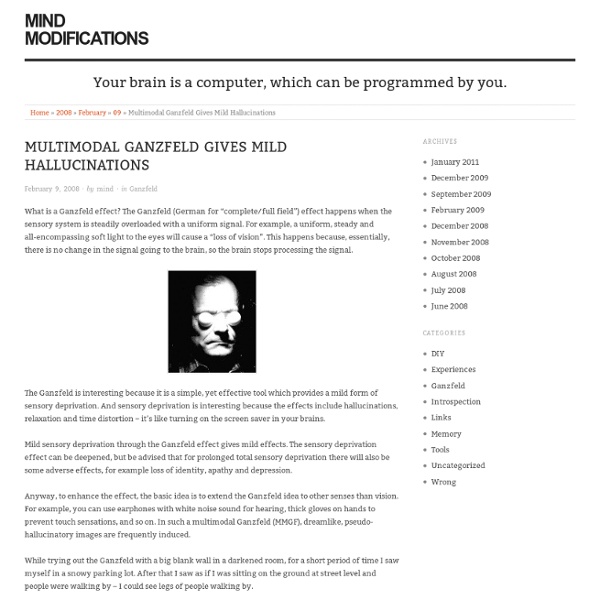10 More Common Faults in Human Thought
Humans This list is a follow up to Top 10 Common Faults in Human Thought. Thanks for everyone’s comments and feedback; you have inspired this second list! It is amazing that with all these biases, people are able to actually have a rational thought every now and then. The confirmation bias is the tendency to look for or interpret information in a way that confirms beliefs. The Availability heuristic is gauging what is more likely based on vivid memories. Illusion of Control is the tendency for individuals to believe they can control or at least influence outcomes that they clearly have no influence on. Interesting Fact: when playing craps in a casino, people will throw the dice hard when they need a high number and soft when they need a low number. The Planning fallacy is the tendency to underestimate the time needed to complete tasks. Interesting Fact: “Realistic pessimism” is a phenomenon where depressed or overly pessimistic people more accurately predict task completion estimations.
The Document Which Was Formerly Called The MIT Guide to Lockpick
The Pin Column Model The flatland model of locks can explain effects that involve more than one pin, but a different model is needed to explain the detailed behavior of a single pin. See Figure 5.1. The pin-column model highlights the relationship between the torque applied and the amount of force needed to lift each pin. It is essential that you understand this relationship. In order to understand the "feel" of lock picking you need to know how the movement of a pin is effect by the torque applied by your torque wrench (tensioner) and the pressure applied by your pick. Figure 5.2 shows a single pin position after torque has been applied to the plug. The spring force increases as the pins are pushed into the hull, but the inscrease is slight, so we will assume that the spring force is constant over the range of displacements we are interested in. When the bottom of the driver pin reaches the sheer line, the situation suddenly changes. [ Previous ] - [ Next ] - [ Contents ] - [ Home ]
77 Ways to Learn Faster, Deeper, and Better
If someone granted you one wish, what do you imagine you would want out of life that you haven’t gotten yet? For many people, it would be self-improvement and knowledge. Newcounter knowledge is the backbone of society’s progress. Life-changing knowledge does typically require advanced learning techniques. Health Shake a leg. Balance Sleep on it. Perspective and Focus Change your focus, part 2. Recall Techniques Listen to music. Visual Aids Every picture tells a story. Verbal and Auditory Techniques Stimulate ideas. Kinesthetic Techniques Write, don’t type. Self-Motivation Techniques Give yourself credit. Supplemental Techniques Read as much as you can. For Teachers, Tutors, and Parents Be engaging. For Students and Self-Studiers Be engaged. Parting Advice Persist. Sources For This Article This is only a partial list of sources, focusing only on Web sites. Did you enjoy this article?
The Most Important Information You Will Ever Learn. : Observatio
Stop what you’re doing. You HAVE to read this. Your life will be changed forever. You can cook a cake in a microwave. In 5 minutes. Seriously. Barry stumbled across this recipe for how to make a cake in a mug. How did I not learn of this during all those years as an undergrad?! I simply had to have my cake and eat it, too, to see if this recipe really works. Took Mug. As far as the cake itself goes… it’s not going to win you any prizes in a baking contest. I am so stocking our lab kitchen with these ingredients. OK. However, some people have claimed that there are ways of improving upon the recipe, particularly if you are getting mushy blobs instead of a cake. Check your microwave settings.
Brain Hacks
...For answer Holmes clapped the hat upon his head. It came right over the forehead and settled upon the bridge of his nose. "It is a question of cubic capacity, " said he; "a man with so large a brain must have something in it. Not everyone is born with a big brain. If you’re looking to improve mental cognition, increase your memory, and enhance your alertness, here are 15 easy ways to give your brain a six-pack. 1. 2. 3. 4. 5. 6. 7. 8. 9. 10. 11. 12. 13. First, know how you learn. Second, the most effective way to remember facts is by forming multiple associations. Third, rinse and repeat. 14. 15.
DIY: Wine Bottle Light « Wit & Whistle
November 3rd, 2009 This past spring Daniel and I went on a road trip from San Francisco to the Grand Canyon. Along the way we stopped at Chateau Julien for a wine tasting. I wanted to do something with the empty bottle instead of throwing it in the recycling bin. So here it is! You’ll need: an empty wine bottle a drill safety glasses and gloves (just in case the bottle breaks) 1/2″ glass drill bit masking tape short strand of Christmas lights (with a plug only on one end) How to: 1. 2. 3. 4. 5. 6.
120 Ways to Boost Your Brain Power
Here are 120 things you can do starting today to help you think faster, improve memory, comprehend information better and unleash your brain’s full potential. Solve puzzles and brainteasers.Cultivate ambidexterity. Use your non-dominant hand to brush your teeth, comb your hair or use the mouse. Write with both hands simultaneously. Switch hands for knife and fork.Embrace ambiguity. Learn to enjoy things like paradoxes and optical illusions.Learn mind mapping.Block one or more senses. Readers’ Contributions Dance! Contribute your own tip! There are many, many ways to keep our brains sharp.



